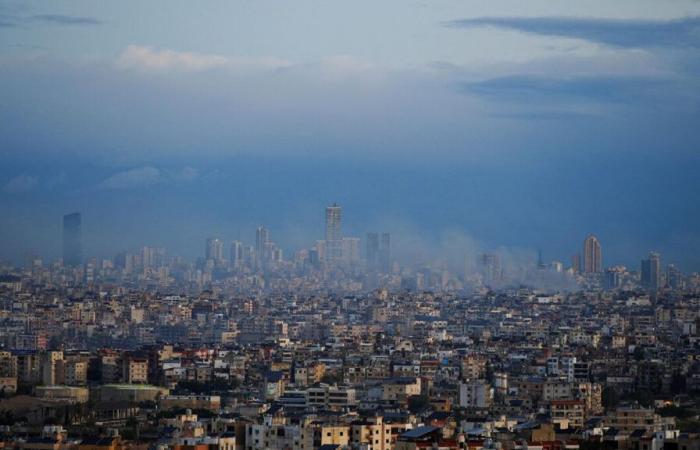Lebanon wakes up with a ceasefire, which came into force at 4 a.m. (3 a.m. in France) between Israel and Hezbollah. The truce is intended to halt the conflict that has forced tens of thousands of people in Israel and hundreds of thousands more in Lebanon to flee their homes.
These hostilities led to bombings on Lebanon and the deployment of Israeli soldiers across the border between the two countries to confront Hezbollah fighters.
The pro-Iranian movement, claiming to act in support of Hamas, opened a front against Israel on October 8, 2023, the day after the unprecedented attack by the Palestinian Islamist movement in Israel which triggered the war in the Gaza Strip.
US President Joe Biden on Tuesday welcomed the ceasefire agreement, “a new beginning” for Lebanon and “good news” for which the United States and France had been working for weeks.
The Israeli army has 60 days to gradually withdraw from Lebanon, according to details provided by a senior American official on condition of anonymity, and Hezbollah must also withdraw from the southern border with Israel.
Before the final Israeli green light, Israeli Prime Minister Benjamin Netanyahu indicated that the duration of the ceasefire would depend “on what happens in Lebanon”. “We maintain complete freedom of military action” in Lebanon, he added: “If Hezbollah violates the agreement and tries to rearm, we will attack.”
According to Lebanese authorities, at least 3,823 people have been killed in Lebanon in total since October 2023, most of them in recent weeks. Hostilities there have displaced some 900,000 people, according to the UN.
On the Israeli side, 82 soldiers and 47 civilians were killed in 13 months in clashes with Hezbollah, according to the authorities.
An agreement after intense shelling in Beirut
The announcement of the agreement came after Israel on Tuesday shelled the center of Beirut and its southern suburbs, a stronghold of Hezbollah, like never before since it launched a bombing campaign on September 23 targeting the movement in the neighboring country, then began ground operations in the South on September 30.
During the night, before the agreement came into force, the two parties continued their military operations: Israel notably struck a building in the center of Beirut then ordered the evacuation of areas in the center and suburbs of the Lebanese capital, while Hezbollah said it had launched drones against “sensitive military targets” in Tel Aviv, Israel.
VideoWar in Lebanon: Israel favors a ceasefire with Hezbollah
Hezbollah did not participate directly in the truce negotiations, instead calling on Parliament head Nabih Berri to negotiate on its behalf, and has so far not commented on the agreement.
The war in Lebanon has considerably weakened the pro-Iranian movement. Its leader Hassan Nasrallah was killed on September 27 in a powerful Israeli strike on the southern suburbs of the Lebanese capital, as were many of his senior officials.
Benjamin Netanyahu considers that the truce will allow Israel to “intensify” its pressure on Palestinian Hamas, against which it is leading a deadly offensive in the Gaza Strip. “When Hezbollah is out of the game, Hamas finds itself alone (in Gaza). Our pressure will intensify, and this will contribute to the sacred mission of freeing our hostages,” he said on television on Tuesday. The ceasefire will also allow Israel to “focus on the Iranian threat,” he added.
Tehran is the main supporter of Hezbollah and Hamas and other movements in the Middle East that oppose Israel. Iran itself has carried out two missile and drone attacks against Israel since the outbreak of the Gaza war, most of them intercepted. Hezbollah attacks in northern Israel have forced tens of thousands of residents to evacuate their homes. The Israeli authorities claim to be fighting the Lebanese movement to allow them to return.






